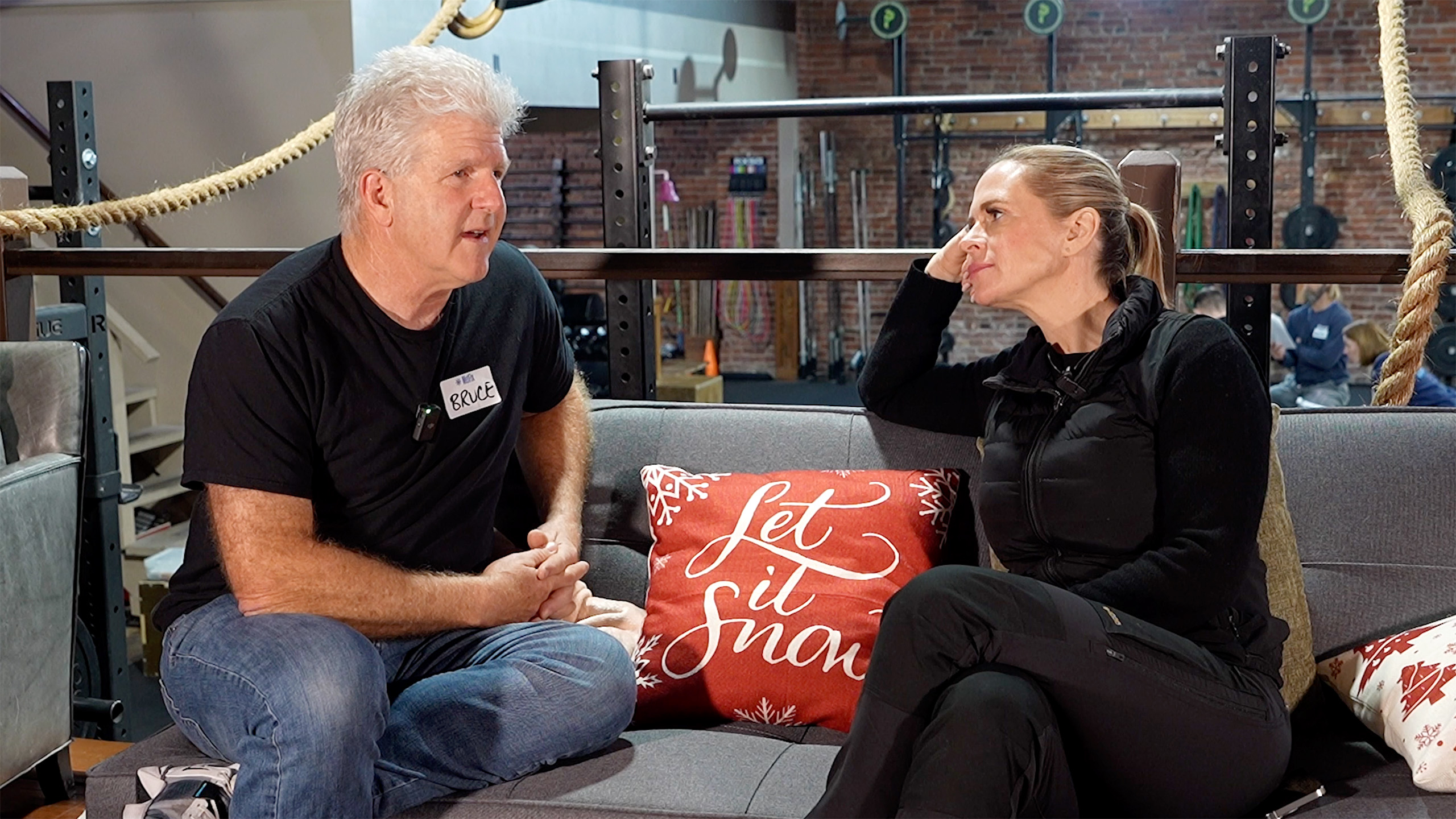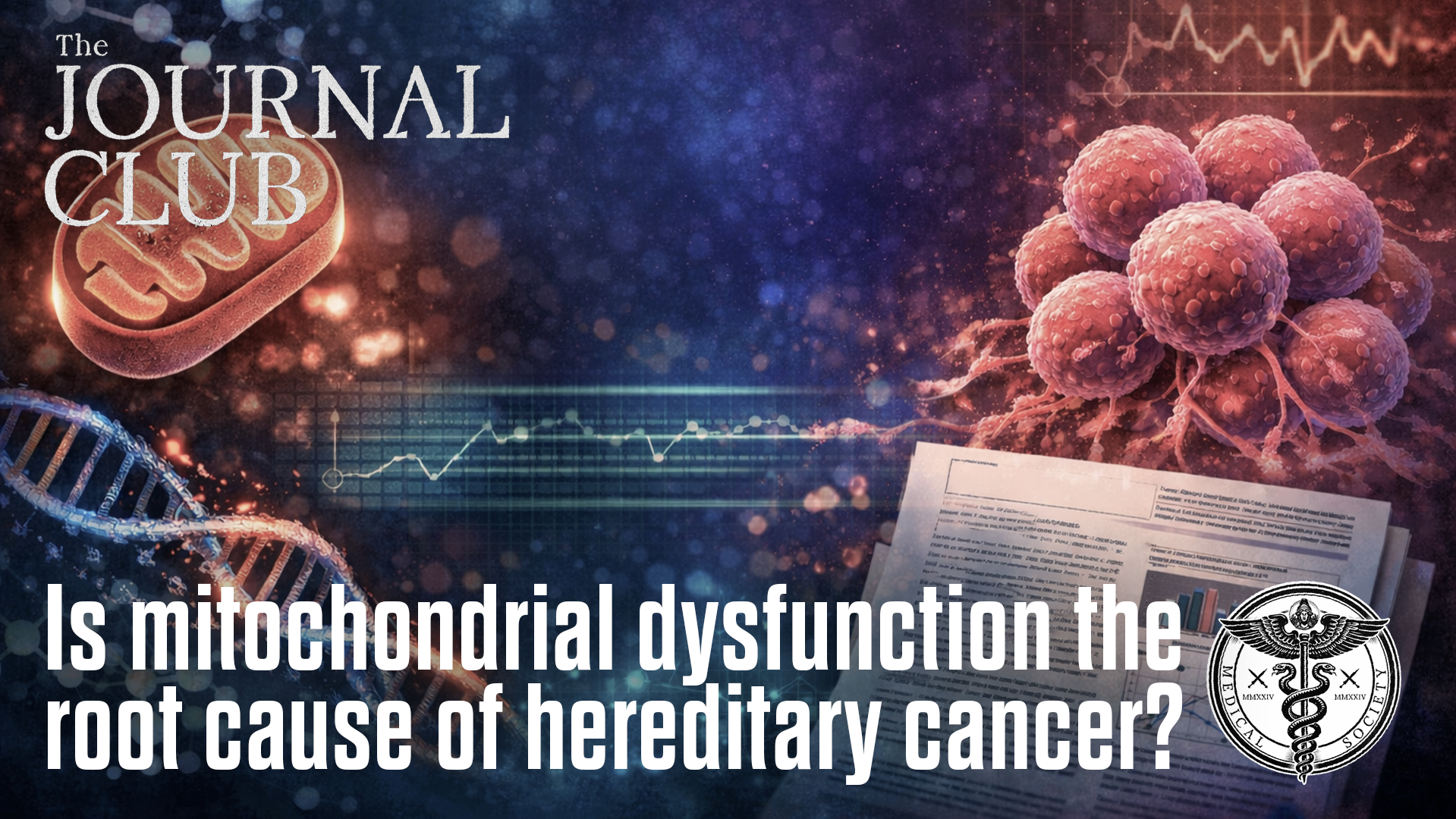In Episode 7, Emily sits down with James Franklin, an Australian philosopher and mathematician. James was a student of David Stove in the 1970s, and later, a close friend. Emily and James dig into Stove’s work on logical probability and philosophy of science, particularly his critique of David Hume’s skepticism regarding induction.
During the left-wing activism of the 1970s David Stove’s politically conservative views led him to be an outsider, with it taking years for his ideas to gain recognition. His polemical book, Popper and After, criticized influential philosophers like Karl Popper and Thomas Kuhn, calling them “irrationalists.” Popper’s idea that scientific theories could only be falsified, not confirmed, was particularly targeted by Stove, arguing that this undermined the rationality of science, reducing scientific progress to sociological factors rather than evidence. Franklin elaborates on how Stove believed this probabilistic reasoning was essential in fields like science and law.
In addition to discussing Stove, Franklin talks about his own academic work, particularly in logical probability, philosophy of science, mathematics, and ethics. He has written extensively on the objective basis of these fields, arguing for the existence of absolute truths in areas ranging from scientific reasoning to moral philosophy.
Franklin’s latest book on ethics, The Worth of Persons: The Foundations of Ethics, asserts that ethical truths are grounded in the inherent value of human beings, rejecting relativism in favor of objective moral necessity.
LISTEN AS A PODCAST
The art and science of changing our collective conversation. This critical thinking project highlights the people who are smart enough to see the problem AND brave enough to expose it. The show pays homage to those who dare to challenge conventional wisdom.
Support the Broken Science Initiative.
Subscribe today →
recent posts
A Conversation with Bruce Edwards on Metabolism, Community, and the Road to Health
Journal Club: February 5, 2026
When number-chasing replaces treating the root cause


